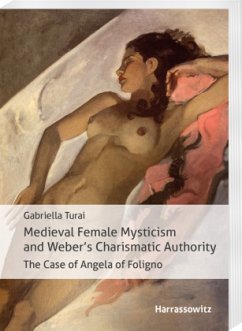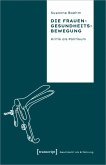This book of Gabriella Turai is dedicated to discussing medieval female mysticism as a charismatic authority in a Max Weberian sense, introducing a new social scientific approach in the flourishing field of interpretations. Until fairly recently, scholarship has focused on mysticism especially as an individual experience with the ultimate reality neglecting its social dimension.In this work the author argues for a sociodimensional model of the interpretation of mysticism analyzing the figure of Saint Angela of Foligno, the most important Franciscan female mystic. Turai's investigation arrives at two main benefits through the reflections on the fundamental correlation between medieval mysticism and Weber's understanding of charismatic authority as an alternative to constructive rationality and social power. The first benefit one can call diachronic, which means a new approach to medieval mysticism with the sociological tools of Weber's theory. In this way we will be able to consider medieval female mysticism from the prison of modern individualism and open up new spaces for understanding medieval societies as well. However, for a social scientist the second benefit would be more interesting. In the time after the fall of communism and after the new political and cultural matrix in the whole of Europe, one can observe insecurity concerning modern rationality and democratic power - not only in Central and Eastern Europe. Social sciences could have a chance to contribute to original approaches and visions in searching for new ways of thinking and using power.
Bitte wählen Sie Ihr Anliegen aus.
Rechnungen
Retourenschein anfordern
Bestellstatus
Storno








